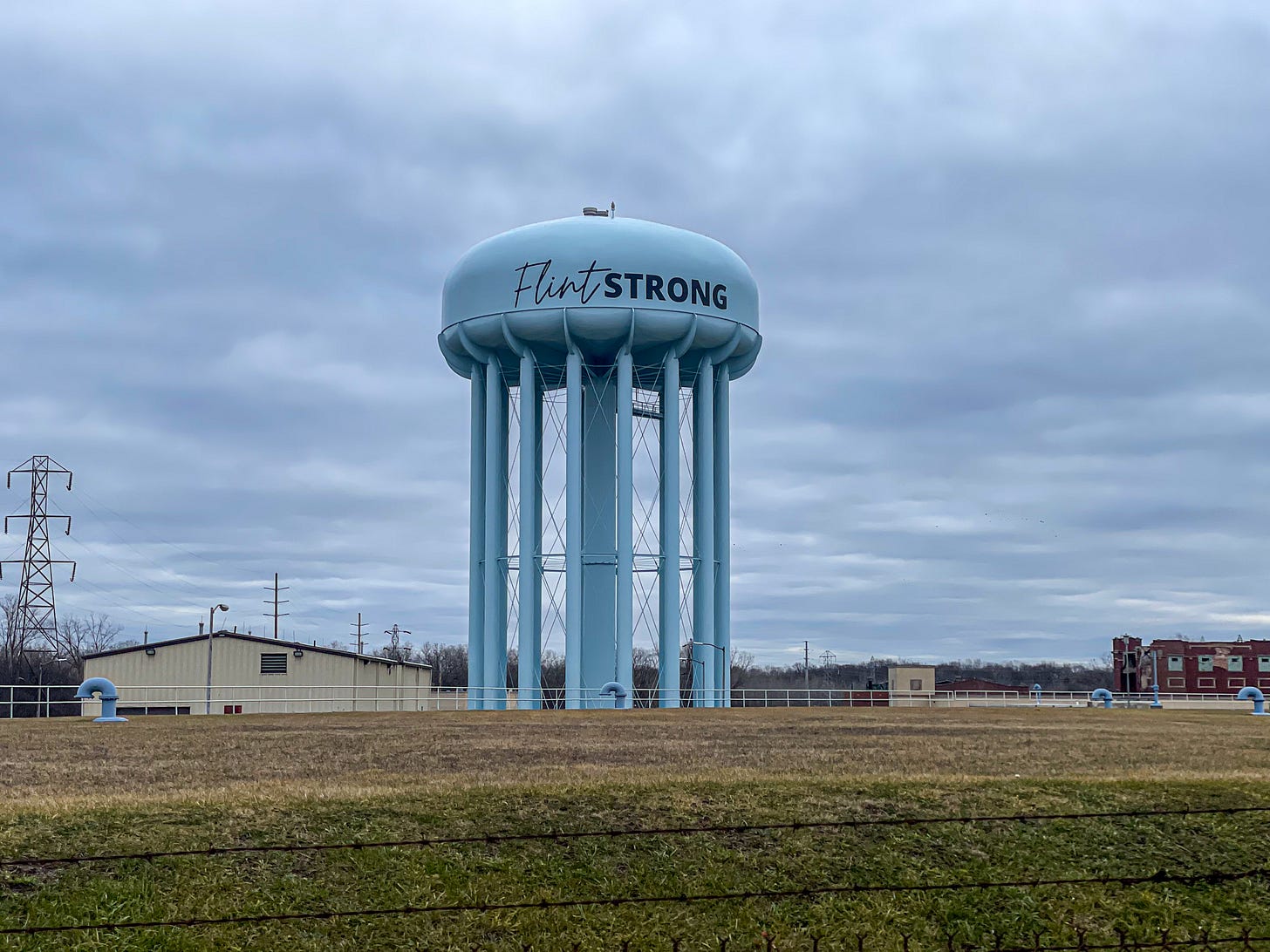Flint finishes replacing most lead water pipes
Michigan officials announced they have finished replacing most lead water pipes in Flint, according to an environmental advocacy group.
Michigan officials announced they have finished replacing most lead water pipes in Flint, according to an international environmental advocacy group.
The state submitted a progress report to a federal court Tuesday confirming the replacement of about 11,000 lead pipes and the examination of over 28,000 properties — eight years after Flint officials were ordered to replace the pipes at no cost to residents, the Natural Resources Defense Council said.
The Washington Post first reported the news.
“Thanks to the persistence of the people of Flint and our partners, we are finally at the end of the lead pipe replacement project. While this milestone is not all the justice our community deserves, it is a huge achievement,” said Allen C. Overton, the Flint-born pastor of Christ Fellowship Missionary Baptist Church.
“We would not have reached this day without the work of so many Flint residents who worked to hold our leaders accountable. I have never been prouder to be a member of the Flint community.”
Still, about 4,000 homes in Flint need to have their pipes removed, the state’s progress report detailed. The homes were either vacant or belonged to residents who declined to have them replaced under the landmark 2017 settlement. Residents who still need lead pipes removed should call 810-410-1133 or email GetTheLeadOut@cityofflint.com.
A state official said the complete removal of all lead service lines will take place later this year.
“Residents of Flint deserve – and have always deserved – access to clean, safe drinking water and property repairs, full stop,” Bonsitu Kitaba, interim legal director for the ACLU of Michigan, said in a statement. “While we know that this is not a resolution for all the harms caused to the people of Flint from the water crisis, we celebrate this long-awaited win alongside you. We are committed to our partnership and the work ahead.”
In 2014, Flint switched its water source from the city of Detroit to the Flint River in an attempt to save money but the new water supply was not treated to reduce corrosion — causing one of the most significant public health crises in American history.
The water crisis exposed nearly 100,000 residents to lead, according to the Center for Disease Control and Prevention.
More than 9 million lead service lines deliver water across the United States.



That sounds like a win for public health: https://thescamdoctor.substack.com/p/lead-pipes-dirty-air-and-drunk-driving?r=6hgshq
Is this the city that have invested in replacing lead pipes or was it funded by the Infrastructure bill that passed in 2021? If you know.